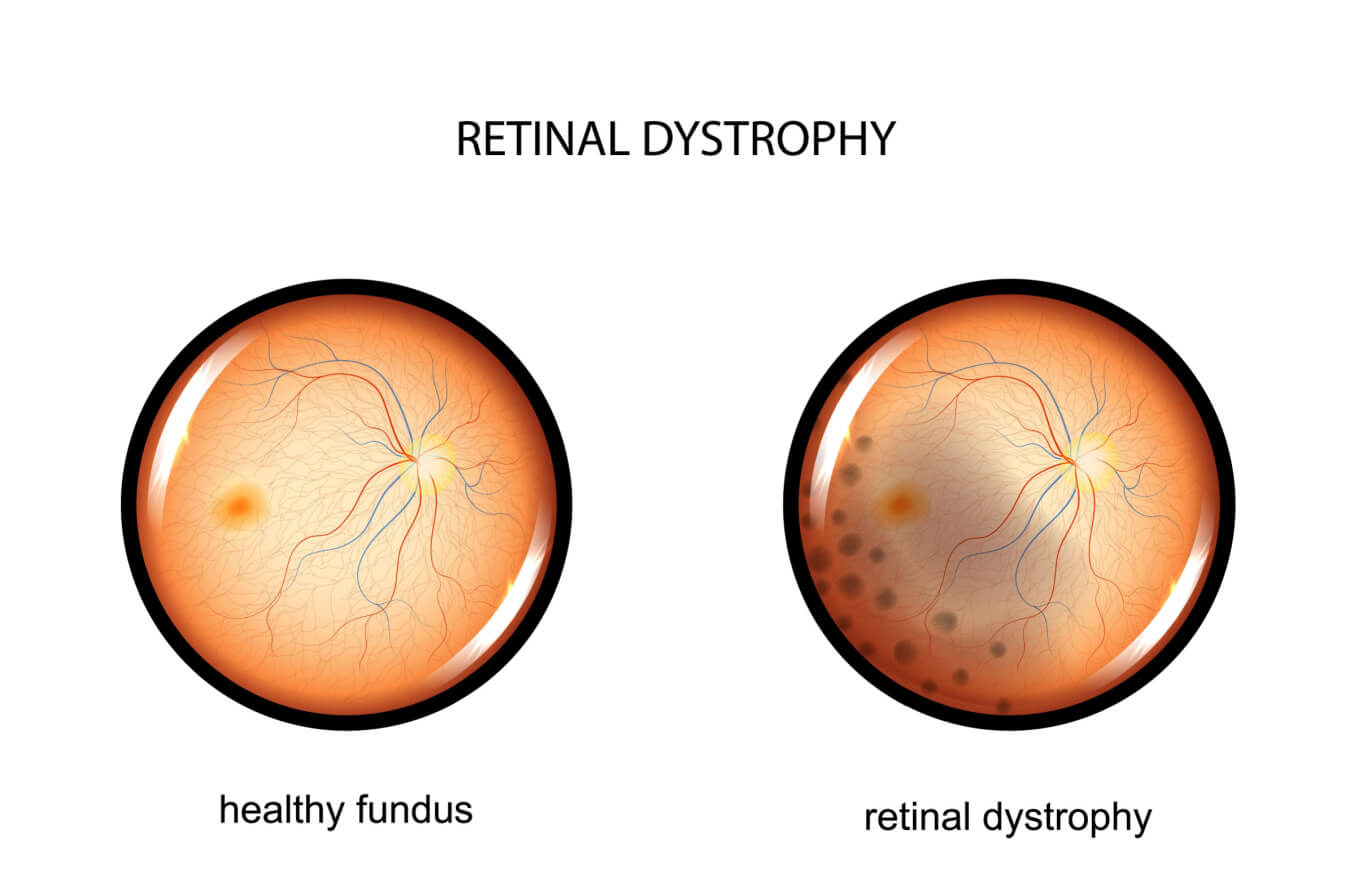

- PDE6b-related Retinitis Pigmentosa is a rare inherited retinal dystrophy affecting up to 3,000 people in the US
- Symptoms often start in childhood leading to blindness by midlife with no approved therapy
- HORA-PDE6b has demonstrated clinically meaningful benefits in visual functions and good safety profile in PDE6b patients at 24-month follow-up from ongoing Phase I/II trial
- Rare Pediatric Disease Designation provides eligibility to receive a Priority Review Voucher upon future marketing authorization of HORA-PDE6B, possible in 2028
eyeDNA Therapeutics (‘eyeDNA’), a clinical-stage gene therapy company focused on developing life-changing therapeutics for inherited retinal disorders, announces that it has been granted a Rare Pediatric Disease Designation (RPDD) by the US Food & Drug Administration (FDA) for HORA-PDE6b, its novel gene therapy for patients with inherited retinal dystrophy (IRD) caused by mutations of the PDE6b gene.
PDE6b Retinitis Pigmentosa (PDE6b RP) is a rare inherited retinal dystrophy that is estimated to affect up to 3,000 people in the US and 4,000 people in Europe, accounting for 1 to 3% of all RP cases. The disease is caused by mutations of the PDE6b gene resulting in dysfunctional PDE6b protein, disrupting the conversion of light into electrical signals and leading to the progressive loss of photoreceptors and vision. Symptoms often start in childhood and lead to blindness by midlife. There are currently no approved treatments for PDE6b RP.
HORA-PDE6b is an AAV5-based gene therapy designed to deliver a non-mutated copy of the functional human PDE6b gene into the subretinal space, where it rapidly induces transgene expression and synthesis of functional PDE6b proteins in photoreceptor cells. By effectively providing these cells with a functional protein, HORA-PDE6b may significantly delay or halt retinal degeneration in PDE6b-deficient patients.
eyeDNA presented positive 24-month follow-up results1 from its Phase I/II study (NCT03328130) evaluating the safety and efficacy of HORA-PDE6b at the Association for Research in Vision and Ophthalmology (ARVO) 2024 meeting in Seattle, WA, USA in May.
eyeDNA is exploring the optimal paths to making HORA-PDE6b available to PDE6b RP patients in the US and in Europe via an accelerated approval process.
“PDE6b retinitis pigmentosa is a progressive and irreversible inherited degenerative disease that leads to significant visual impairment and blindness with currently no treatments available,” said Rodolphe Clerval, Chief Executive Officer. “This Rare Pediatric Disease Designation (RPDD) for HORA-PDE6b from the FDA recognizes the urgent need for effective treatments for this devastating disease where early treatment could slow or halt disease progression and have a profound impact on patients’ quality of life. We look forward to providing further data updates from our ongoing Phase I/II trial with HORA-PDE6b, and we are particularly excited to see initial results in younger patients where HORA-PDE6b could produce the greatest clinical benefit.”
Rare pediatric diseases are defined by the FDA as serious or life-threatening conditions primarily affecting children under 18, with fewer than 200,000 cases in the US. Companies awarded an RPDD receive a rare pediatric disease Priority Review Voucher (PRV) from FDA when the designated drug is approved for the associated indication in the pediatric population. The voucher allows the recipient company to obtain FDA priority review of either a New Drug Application (NDA) or Biologics License Application (BLA) for a different product and/or indication, reducing the review time and accelerating any granted approval and subsequent market entry by at least four months. The PRV may be used by the original recipient, or it can be sold to another company for the purchaser’s use, with PRVs recently achieving prices above $100 million.

